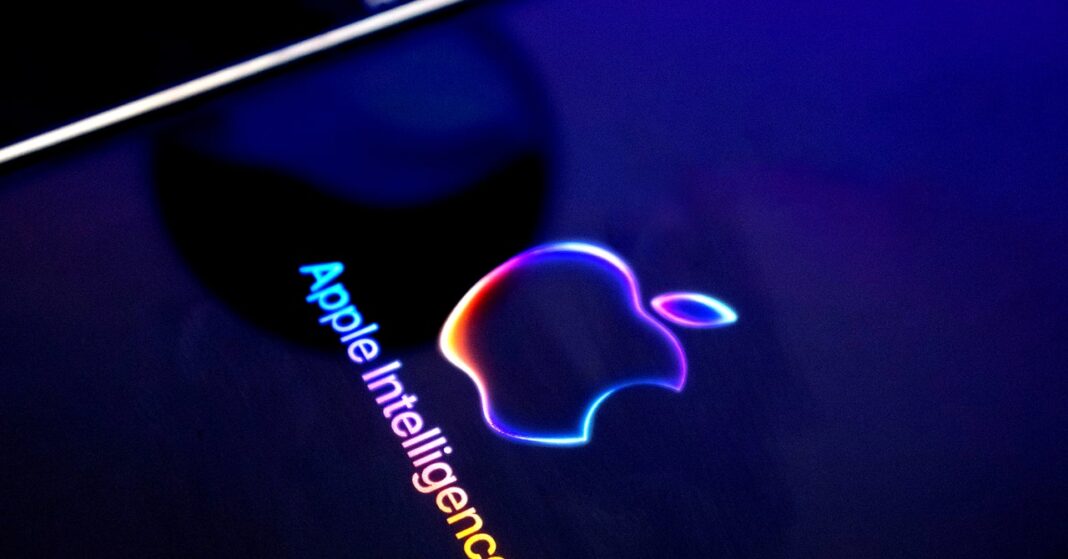In Short:
Google and its partners emphasize privacy and security in Android AI. Samsung’s VP discusses how hybrid AI gives users control over data and privacy, with features processed locally and cloud data protected. Google highlights security measures in data centers for AI processing. Apple’s AI strategy shifts conversation on privacy, with partnership with OpenAI raising some concerns about data privacy implications. Users have choice to disable cloud-based AI capabilities.
Privacy and Security in Android AI
Google and its hardware partners emphasize that privacy and security are top priorities in the development of Android AI. VP Justin Choi, head of the security team at Samsung Electronics, highlights the company’s hybrid AI technology that provides users with control over their data and ensures uncompromising privacy.
Data Protection Measures
Choi explains that features processed in the cloud are safeguarded by strict policies on servers. Samsung’s on-device AI functions also add another layer of security by performing tasks locally on the device without relying on cloud servers or storing data on the device.
Google assures users that its data centers are equipped with robust security measures, including physical security, access controls, and data encryption. The company states that data processed in the cloud remains within secure Google data center architecture and is not shared with third parties.
Galaxy AI Features
Choi clarifies that Galaxy’s AI engines are not trained using user data from on-device features. Samsung clearly indicates which AI functions run on the device with its Galaxy AI symbol and adds a watermark to indicate generative AI usage.
The company has introduced a new security and privacy option called Advanced Intelligence settings to allow users to disable cloud-based AI capabilities.
Google’s Commitment to Privacy
Google emphasizes its long-standing commitment to protecting user data privacy in both on-device and cloud-based AI features. Suzanne Frey, vice president of product trust at Google, explains that the company uses on-device models for sensitive cases like screening phone calls, ensuring data never leaves the device.
Frey underscores Google’s responsible AI principles that prioritize security and privacy by design, aiming to build AI-powered features that users can trust.
Apple’s AI Strategy
Experts note that Apple’s AI strategy has shifted the conversation by focusing on privacy-first approaches. The company’s partnership with OpenAI has raised concerns about potential privacy implications, with claims that some personal data may be collected and analyzed by OpenAI.
Apple refutes these claims, stating that privacy protections are built in for users accessing ChatGPT. Users are asked for permission before queries are shared with OpenAI, and IP addresses are obscured to protect privacy.
While the exact privacy implications of the Apple-OpenAI partnership are still unclear, the move represents a significant shift in Apple’s approach to AI development.





